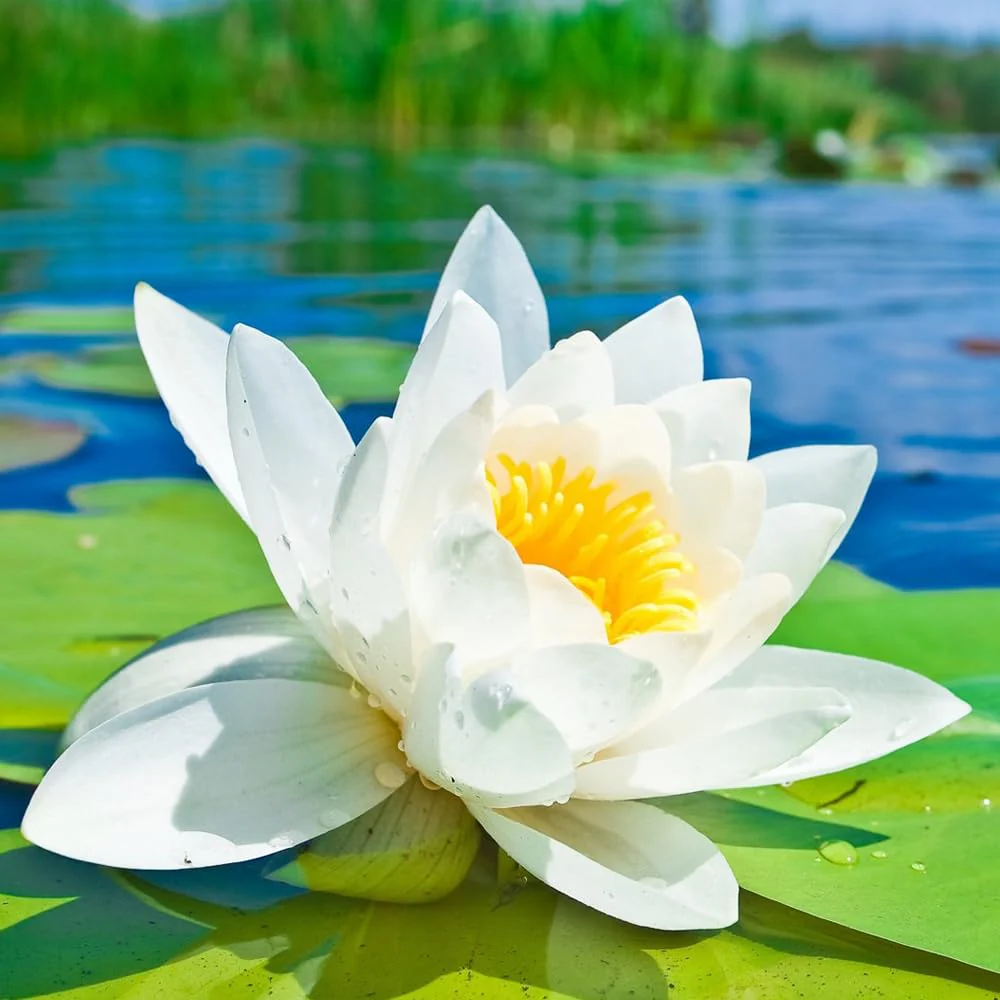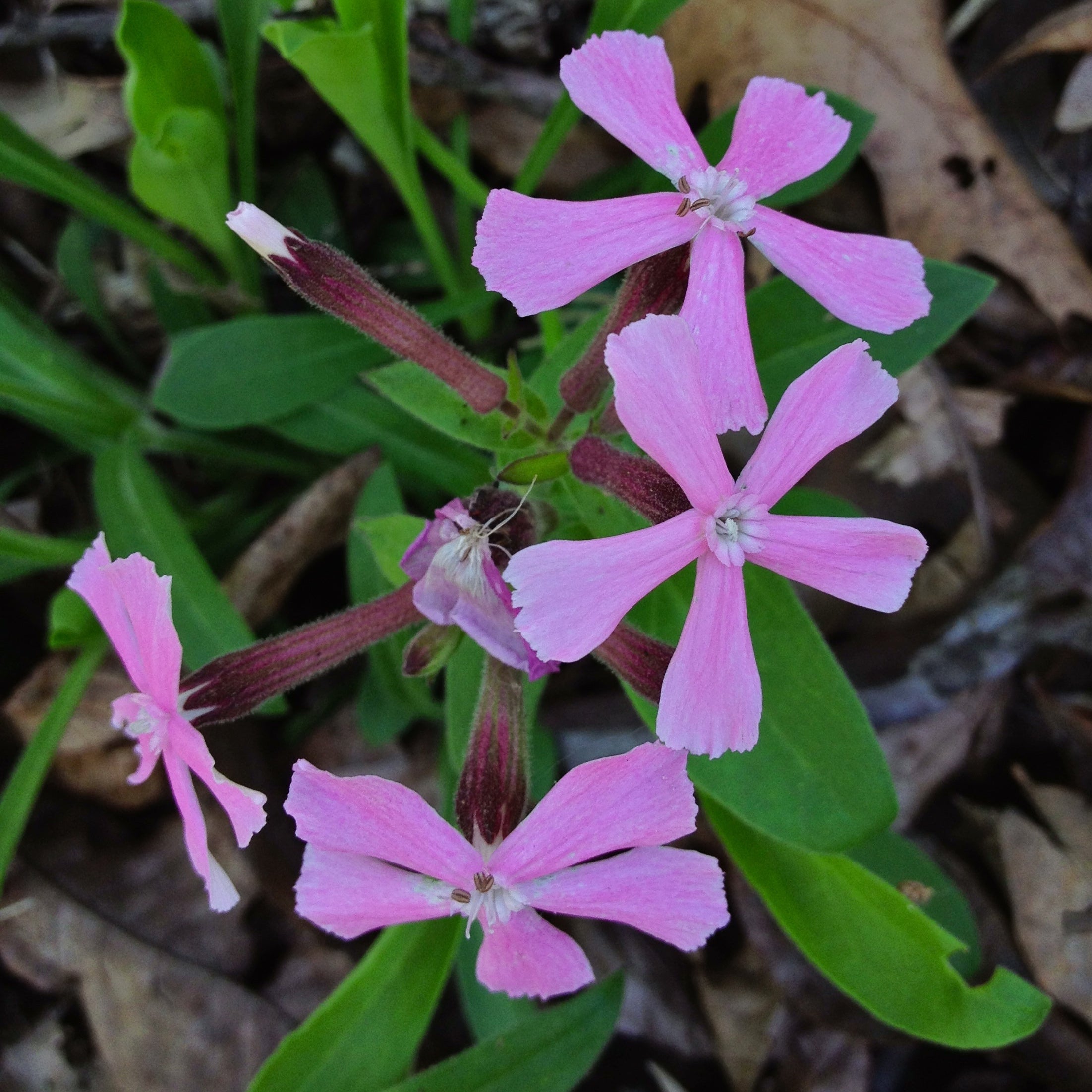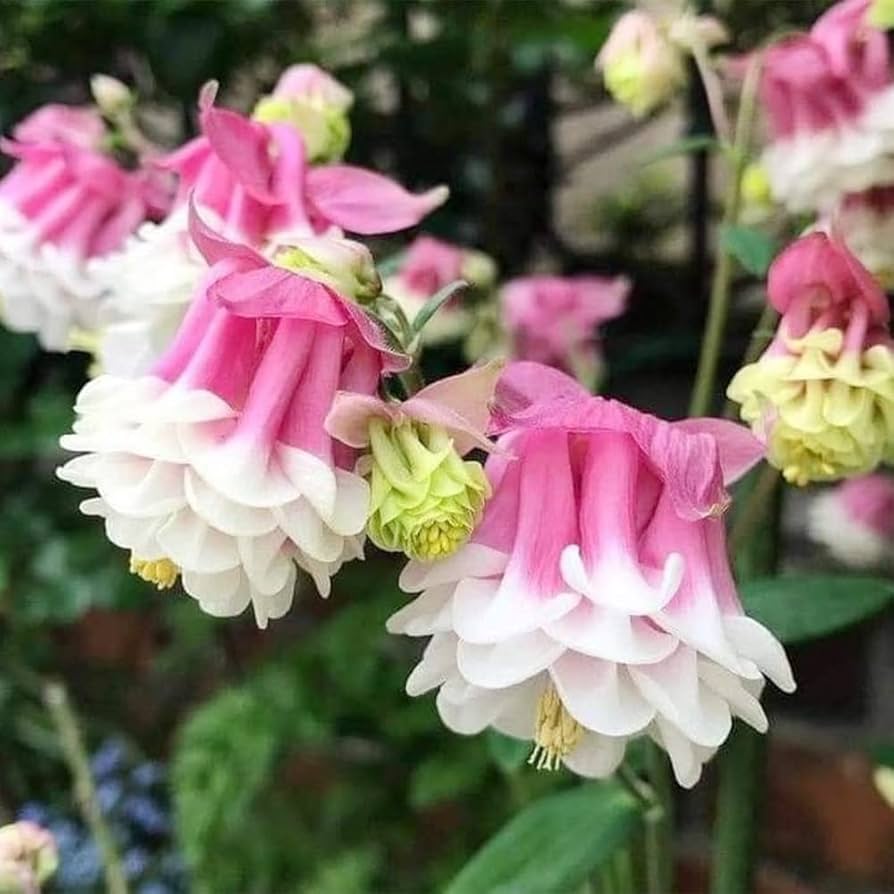Starting a garden from seed is a cost-effective, rewarding, and empowering experience. However, even experienced gardeners sometimes make errors that can lead to weak seedlings, poor germination, or unhealthy plants. If you’re committed to growing from seeds, avoiding these common mistakes can significantly boost your success rate.
In this guide, we’ll explore the most frequent gardening mistakes to avoid when growing from seeds, whether you're sowing vegetables, herbs, fruits, or flowers.

1. Using the Wrong Soil
One of the biggest beginner mistakes is using regular garden soil or dense potting mix instead of a seed-starting mix. Garden soil often contains pests, weed seeds, and compact particles that hinder delicate root growth.
What to Do Instead:
Use a light, sterile seed-starting mix with good drainage and aeration to give your seeds the best chance of sprouting and growing strong.
2. Overwatering or Underwatering
Both too much and too little water can cause seedling failure. Overwatering leads to rot, fungal disease, or "damping off." Underwatering can dry out seeds before they even germinate.
What to Do Instead:
Keep the soil evenly moist—never soggy or bone-dry. Use a spray bottle or bottom-watering method to maintain gentle, consistent moisture.

3. Planting Seeds Too Deep
Every seed has an ideal depth. Planting too deeply can prevent germination, especially for small seeds like lettuce, basil, or petunias that need light to sprout.
What to Do Instead:
Follow the instructions on your seed packet carefully. A general rule: plant seeds at a depth about 2–3 times their diameter.
4. Not Providing Enough Light
Insufficient light is one of the most common causes of weak, leggy seedlings. Even a sunny window might not provide enough hours of light indoors.
What to Do Instead:
Use a grow light for 12–16 hours a day, especially for indoor seed starting. Position lights a few inches above the seedlings and raise them as the plants grow.

5. Skipping the Hardening-Off Process
Seedlings raised indoors need to be gradually exposed to outdoor conditions before being transplanted. Skipping this step can lead to transplant shock or sunburn.
What to Do Instead:
Spend 7–10 days hardening off seedlings by placing them outdoors for increasing periods each day, starting with just 1–2 hours in partial shade.
6. Poor Spacing and Overcrowding
Sowing seeds too close together leads to competition for light, nutrients, and airflow, often resulting in stunted growth or disease.
What to Do Instead:
Thin out seedlings once they’ve sprouted to allow each plant enough room to thrive. Always refer to spacing guidelines on the seed packet.
7. Starting Too Early or Too Late
Sowing seeds at the wrong time often leads to weak, slow-growing plants or missed harvest windows.
What to Do Instead:
Use a planting calendar based on your local climate zone. Start seeds indoors or outdoors depending on the seed type and season.
8. Using Old or Low-Quality Seeds
Expired or improperly stored seeds have low germination rates, leading to disappointment and wasted time.
What to Do Instead:
Always buy fresh, organic seeds from reputable sources like PureAsiaSeeds.com. Store seeds in a cool, dry place.
9. Ignoring Labels and Record Keeping
Forgetting what you planted or where can result in poor garden planning and wasted effort.
What to Do Instead:
Label all trays and rows with the seed name and sowing date. Keep a gardening journal to track progress, germination rates, and growth stages.
10. Giving Up Too Soon
Some seeds take longer to sprout than others. Impatience leads many gardeners to give up or over-handle soil too early.
What to Do Instead:
Be patient and check seed-specific germination times. Some varieties, like peppers or lavender, can take 2–4 weeks to sprout.
Final Thoughts
Avoiding these common seed-starting mistakes will greatly improve your gardening experience, whether you're growing herbs on a windowsill or vegetables in a backyard plot. With the right soil, light, water, and timing, your seeds can become healthy, productive plants that reward your effort with fresh, homegrown food.
Ready to grow with confidence?
Explore organic, high-germination seeds at PureAsiaSeeds.com and begin your seed-to-harvest journey the right way.








